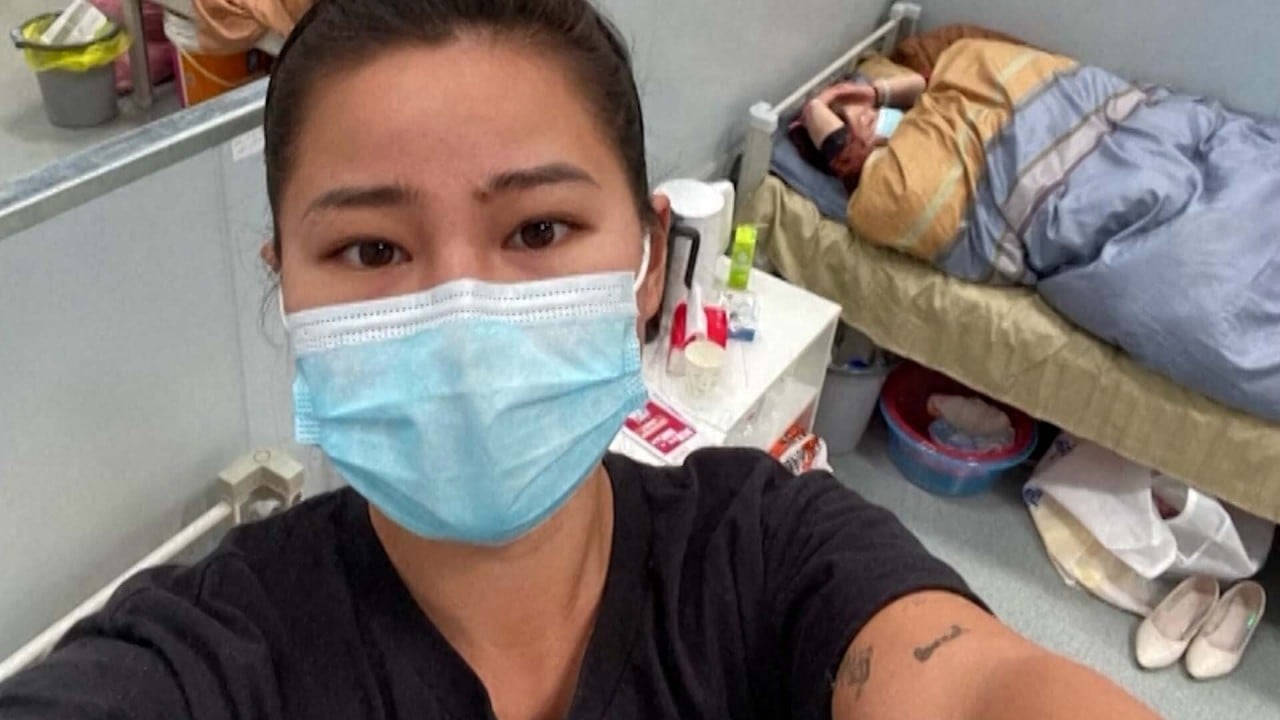
Electric cars: China’s EV buyers may receive cash subsidies from local governments aiming to bolster industry walloped by Covid-19 lockdowns, say analysts
- Analysts said that Jilin and local authorities in East China’s Yangtze River Delta, such as Shanghai, Jiangsu and Zhejiang will probably grant cash subsidies
- It follows Guangdong’s move to give buyers of a new electric car to replace another vehicle a subsidy of 10,000 yuan (US$1,513) in May and June
Local governments had previously offered cash incentives to buyers but were ordered by Beijing to stop doing so in 2019.
Sources at car manufacturers and dealers said they are lobbying local governments to follow Guangdong’s move.
The EV sector, a new bright spot in the mainland’s economy, bolstered by efforts to achieve carbon neutrality by 2060, has emerged as a backbone industry in some provinces.
Analysts said that Jilin and local authorities in East China’s Yangtze River Delta, such as Shanghai, Jiangsu and Zhejiang will probably grant cash subsidies to promote sales of EVs.
In Shanghai alone, Tesla’s massive Gigafactory 3 lost about 50,000 vehicles in production as the assembly line sat idle between March 28 and April 18.
Deliveries of smart electric cars from China’s three biggest Tesla rivals – Nio, Xpeng and Li Auto – halved in April.
The vehicle industry is one of the mainland’s biggest employers, providing jobs for one in every six of its workforce of 800 million people, according to analysts’ estimates.
“If the EV market in Shanghai cannot turn around after the citywide lockdown is lifted, dozens of dealers will have to close down and thousands of industry employees will lose their jobs,” said Tian Maowei, a sales manager with Yiyou Auto Service in Shanghai. “Government support [to stimulate sales] is badly needed.”
The China Passenger Car Association forecast in February sales of new-energy vehicles (NEVs) – which comprise pure electric, plug-in hybrid and fuel-cell cars – could top 5.5 million units in 2022, 84 per cent higher than last year.
In March, a total of 455,000 NEVs were delivered to buyers, a jump of 122.4 per cent from a year ago.
According to a forecast by Swiss bank UBS last year, three out of every five new cars on the mainland’s roads will be powered by electricity in 2030.
Cash awards by local authorities will be on top of subsidies granted by the central government to promote sales of NEVs.
The cash incentives started in 2009, but sales remained weak until the subsidy peaked at 100,000 yuan in 2014.
The finance ministry began slashing the subsidy in 2019 and required local governments to scrap the cash incentives they offered to buyers, hoping to wean carmakers off rebates and foster a “survival of the fittest” ethos in the overcrowded market place.
An all-electric car with a driving range of more than 400 kilometres is now eligible for a 12,600 yuan subsidy, according to the Ministry of Finance.
It said at the end of 2021 that the subsidy would be scrapped altogether in 2023.


